
Join ADAA for a live Q&A with Dr. Hubbard on May 2nd, 2023 to ask your questions about CBT and Tinnitus
Tinnitus is a common neurological condition in which a person hears internal sounds which have no external source. Everyone hears tinnitus occasionally, but for about a billion people world-wide the sounds are persistent and chronic. Persistent tinnitus appears to arise from the same nerve damage that causes hearing loss. There is no known medical treatment. Shortly after tinnitus starts about one in four people develop an emotional condition called tinnitus distress, which consists of mild to severe anxiety. Audiologist-guided “sound therapy” is the most common treatment for tinnitus distress, however, this has been shown to be no better than placebo.
Cognitive Behavior Therapy is the only evidence-based treatment for tinnitus distress and the only treatment recommended in US and European tinnitus clinical guidelines. However, because tinnitus is not a mental health diagnosis, very few qualified cognitive behavior therapists know of or treat tinnitus distress. In 2017, Bruce Hubbard and the ADAA produced the first freely available webinar on “Cognitive Behavior Therapy for Tinnitus Distress.”
As of November 2022, it has garnered close to 350,000 views. This Part 2 webinar expands on and clarifies points made in the original, and a best practice version of CBT for tinnitus is described. “Best Practice CBT for tinnitus Distress” incorporates concepts and strategies from two additional therapies in the CBT family, which have been shown to significantly reduce tinnitus distress: Acceptance and Commitment Therapy (ACT) and Mindfulness Based Cognitive Therapy (MBCT).
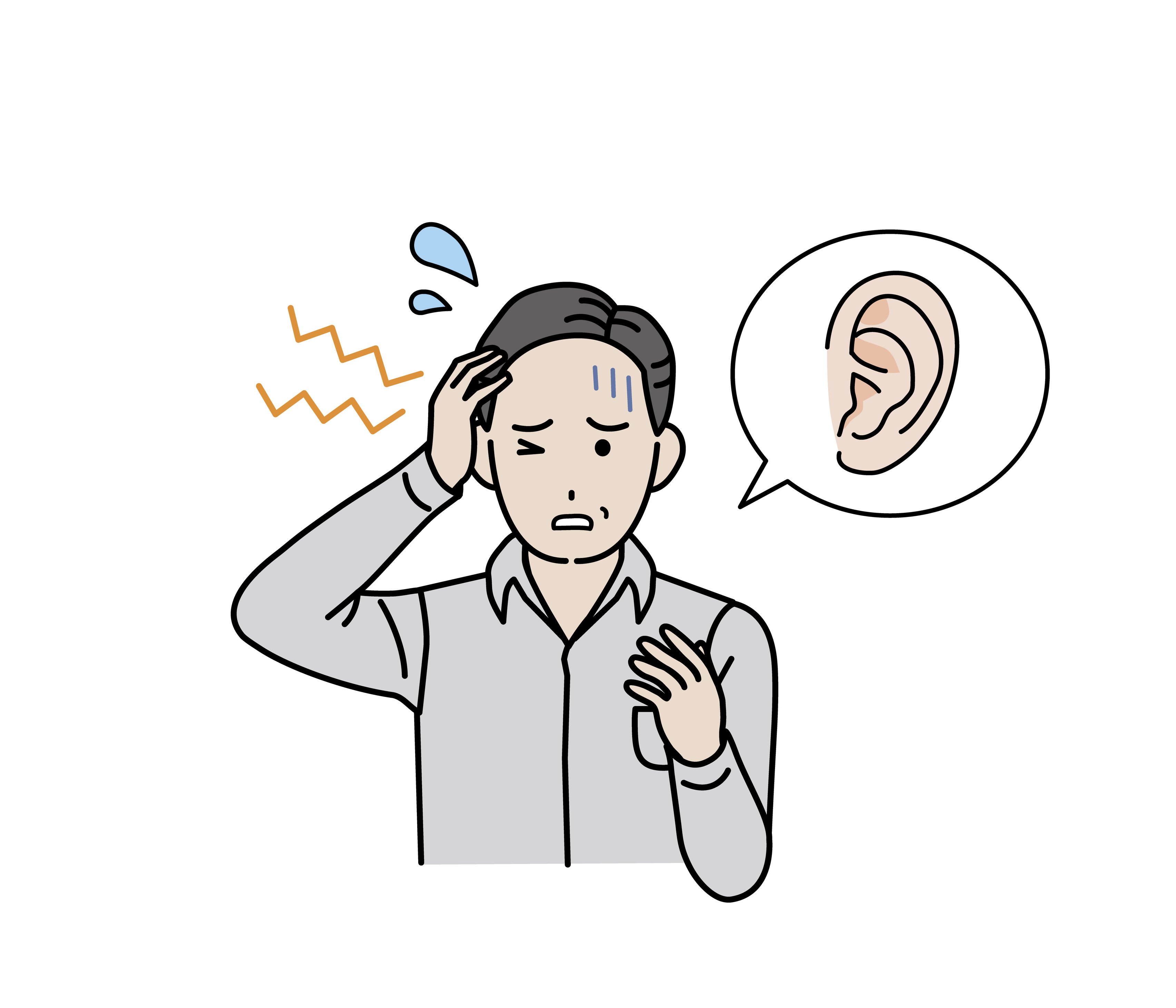



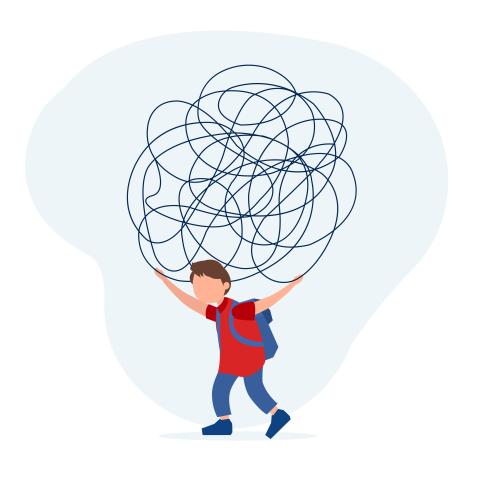
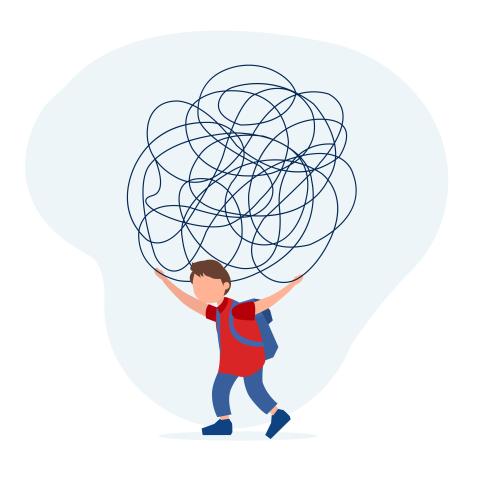
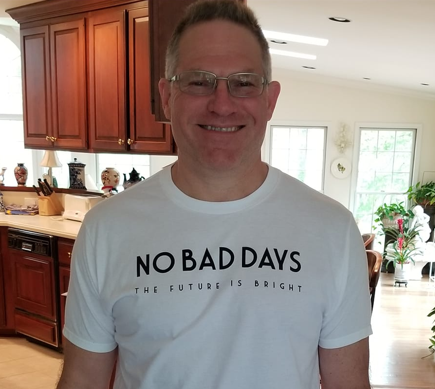

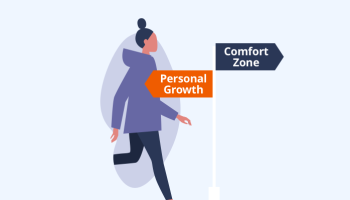
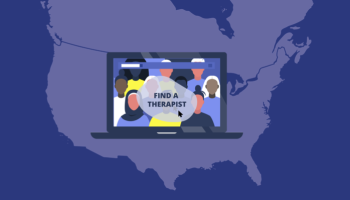
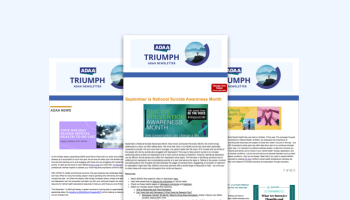
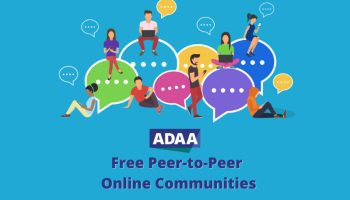
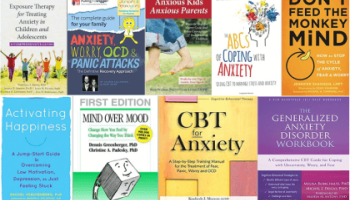






ADAA Continuing Education Credits for Live and On-Demand Programming
Learners complete an evaluation form to receive a certificate of completion. You must participate in the entire activity as partial credit is not available. If you are seeking continuing education credit for a specialty not listed below, it is your responsibility to contact your licensing/certification board to determine course eligibility for your licensing/certification requirement.
Some ADAA professional webinars focused on diversity or cultural competency subject matter are eligible for the Cross-Culture Competency Diversity Credit. If a webinar is eligible for this credit, it will be reflected on your credit certificate.
All continuing education credits are provided through Amedco, LLC. Learn more about the CE/CME accreditation information here.